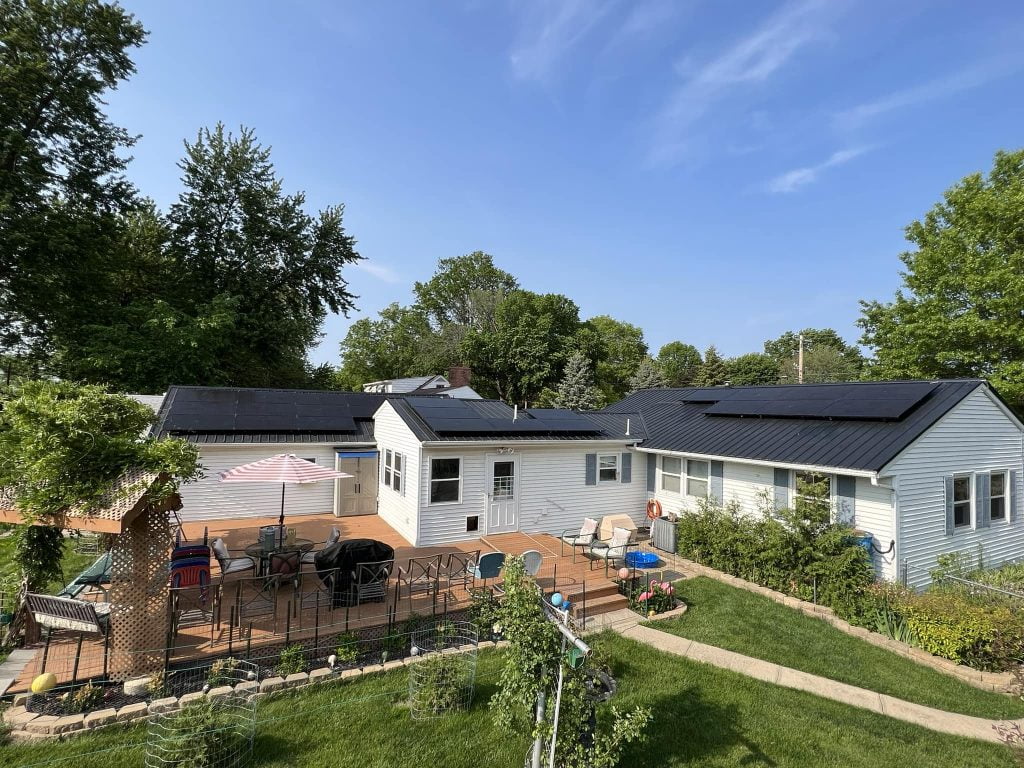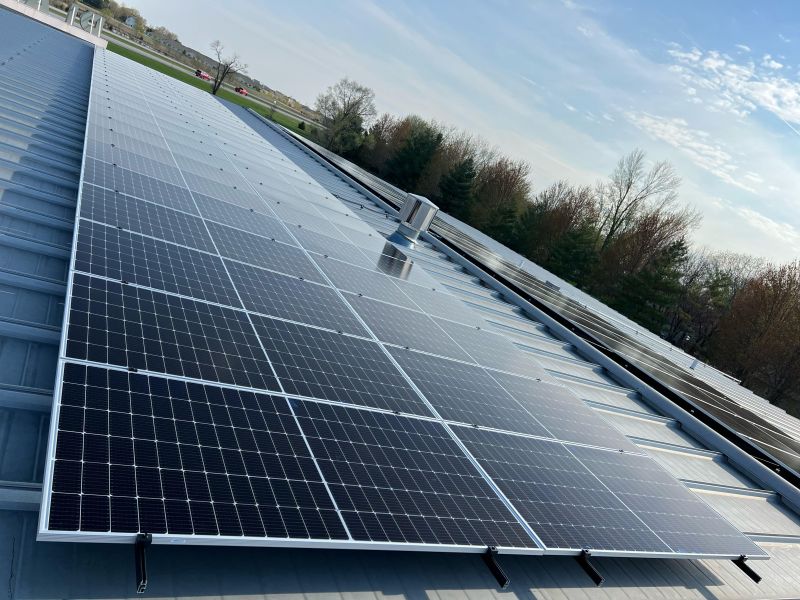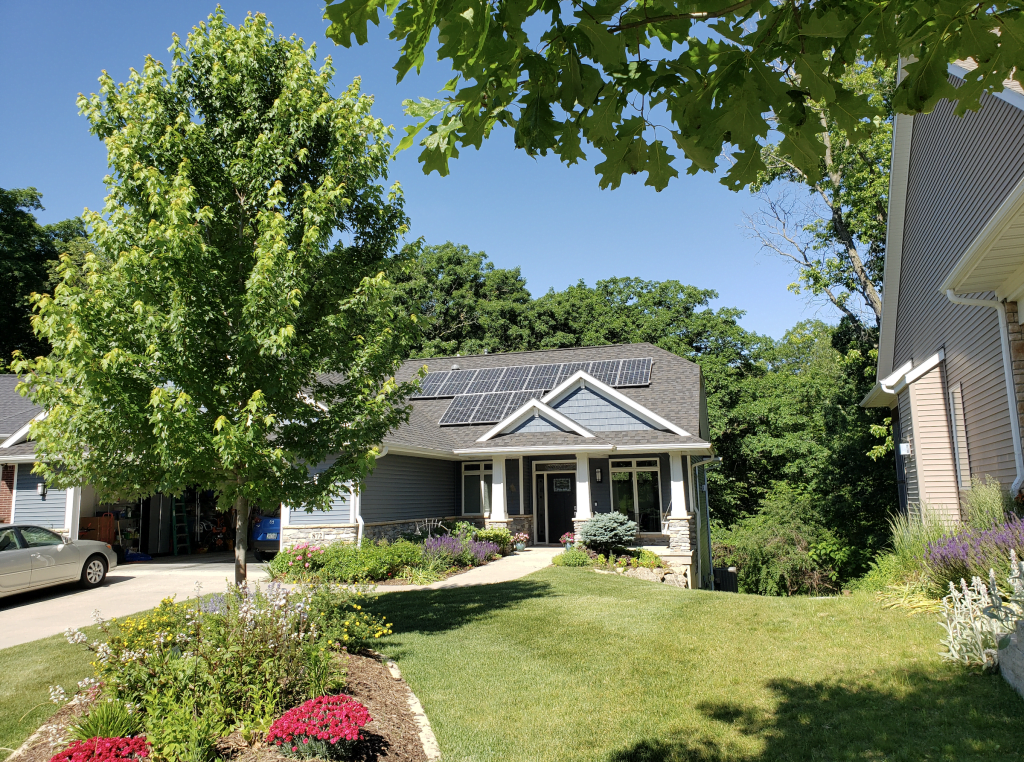The global shift towards sustainable and renewable energy sources has led to the widespread adoption of solar power systems for residential applications. This scientific article aims to provide a detailed analysis of the scientific and technical aspects of residential solar power systems, exploring their benefits, financial considerations, and environmental impact. By examining the latest research, technological advancements, and industry trends, we offer a comprehensive overview of harnessing solar energy for residential purposes.
Solar Energy Generation and Conversion At the heart of residential solar power systems lies the fundamental principle of harnessing solar energy and converting it into electricity. Solar panels, composed of photovoltaic (PV) cells, play a vital role in this process. When sunlight strikes the PV cells, the photons interact with the semiconductor material, typically made of silicon, creating an electric current through the photovoltaic effect. This direct current (DC) is then converted into alternating current (AC) using inverters, making it compatible with standard home electrical systems.

System Components and Architecture Residential solar power systems consist of several key components that work together to capture, convert, and distribute solar energy. The primary component is the solar panel, which comprises an array of PV cells arranged in a specific configuration to optimize energy capture. The panels are mounted on rooftops or ground-based structures using mounting systems designed for stability and optimum tilt and orientation. Inverters, essential for converting DC to AC, are another crucial component of the system. Additional components include wiring, meters, and disconnect switches to ensure safe and efficient operation.
Benefits of Residential Solar Power Systems Residential solar power systems offer numerous benefits to homeowners and the environment. One of the most compelling advantages is the potential for substantial cost savings on electricity bills. By generating their own electricity, homeowners can significantly reduce their reliance on the grid and, in some cases, even eliminate electricity bills altogether. Moreover, solar energy production is free from greenhouse gas emissions, contributing to a cleaner and greener environment. Homeowners can take pride in reducing their carbon footprint and making a positive impact on climate change mitigation efforts.

Financial Considerations While the initial investment in a residential solar power system can be substantial, various financial incentives make it an attractive long-term investment. Governments, local authorities, and utility companies often provide incentives such as tax credits, rebates, grants, or low-interest loans to promote the adoption of solar energy. These incentives help offset the upfront costs, accelerate the return on investment, and improve the financial feasibility of installing solar panels. Additionally, solar power systems can increase property value, offering a potential return when homeowners decide to sell their homes.
Environmental Impact Residential solar power systems have a significantly lower environmental impact compared to traditional fossil fuel-based energy sources. By using solar energy, households reduce their reliance on non-renewable resources and minimize the release of greenhouse gas emissions into the atmosphere. This transition to clean energy contributes to mitigating climate change and creating a more sustainable future for generations to come. Additionally, the widespread adoption of solar power systems decreases the overall demand for traditional electricity generation, reducing the need for fossil fuel combustion and its associated environmental consequences.
Residential solar power systems have witnessed remarkable advancements in recent years, making them an increasingly viable and attractive option for homeowners. The ability to harness solar energy for electricity generation offers numerous benefits, including cost savings, financial incentives, increased property value, and a reduced carbon footprint. As technology continues to evolve and costs decrease, solar power is poised to play an increasingly significant role in meeting the world’s energy needs while preserving the environment. By embracing residential solar power systems, homeowners can actively contribute to a sustainable and cleaner future.

